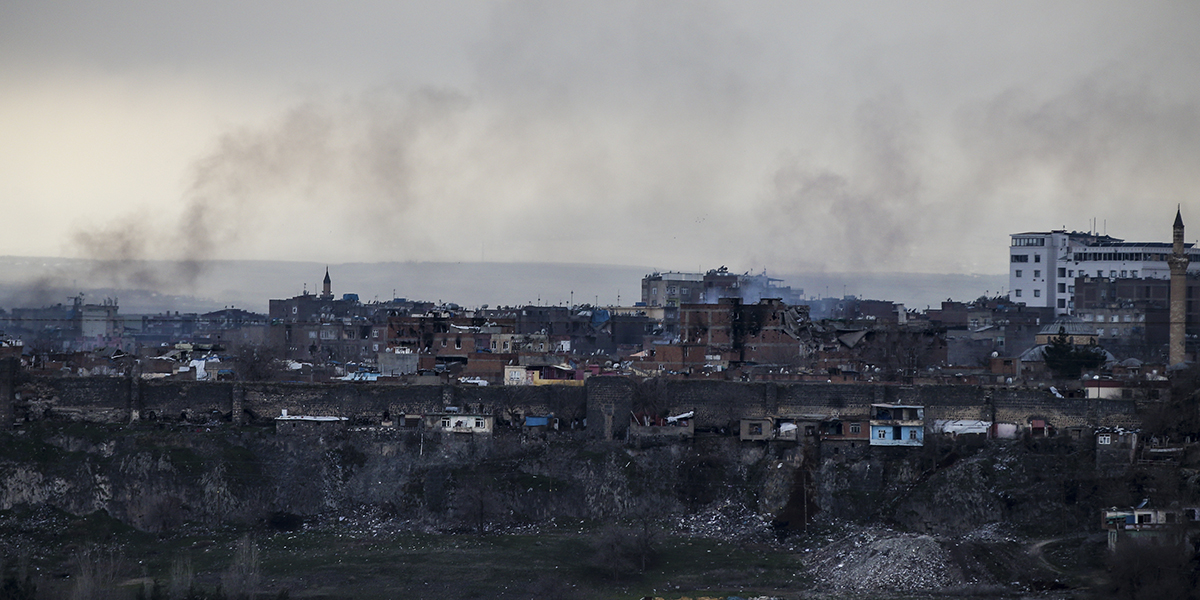
The PKK's New 'Reconciliation Table' Strategy
Share
The ongoing conflict between the state's armed forces and the PKK in the southeast continues with growing intensity. While on the one hand the state is moving forward around a new and encompassing security concept of destroying the PKK in cities to establish public order once again, the PKK is, in turn, continuing the struggle around a new battle concept of digging ditches, setting up barricades and planting roadside bombs in the middle of city centers and apartment buildings.
Throughout this process, the PKK has been conducting a policy of intimidation against civilians, especially due to the lack of support from the Kurdish population in the region for the new, armed rebellion it began after July 14, 2015. The PKK terrorizes daily life by systematically causing civilian deaths and the destruction of public buildings and civilian dwellings. Currently, PKK leaders encourage the Kurdish public to "rebel in every area" and ask them not to receive any public services from the Turkish government. The PKK can easily use violence against those it considers to be conspirators in the Kurdish population for receiving public services from the state. Furthermore, the people who are killed or injured due to PKK violence are being cast as victims of "civilian massacres" systematically conducted by the state.
The petition that has been widely debated in the past few days that was signed by 1,128 academics that mostly support the Peoples' Democratic Party (HDP), titled "We will not be a party to this crime," also has the purpose of spreading the propaganda of this particular approach of the PKK. Indeed, the petition, which accuses the government of Turkey of having conducted genocide against its own people, has received harsh reactions from government officials. At the foundation of this lie is the thought that there is a desire to impede the state's struggle with terrorism. In the petition, the theme of genocide is placed at the fore, and public officials who are at the head of the struggle against terrorism are threatened with being convicted by international courts. Additionally, the petition serves to garner legitimacy in the international arena for the PKK's armed struggle with its agenda of separatism. Just as the HDP has taken up serving the PKK's ends with politics as its principle, so have academics who support the HDP taken up the effort to garner international legitimacy for the PKK and cast the state as a systematic killing machine. In this sense, the petition underlines the PKK and HDP's perspective of either autonomy or fascism, and thus labels the PKK the founding actor of autonomy, while the state is the fascist actor.
Tags »
Related Articles








